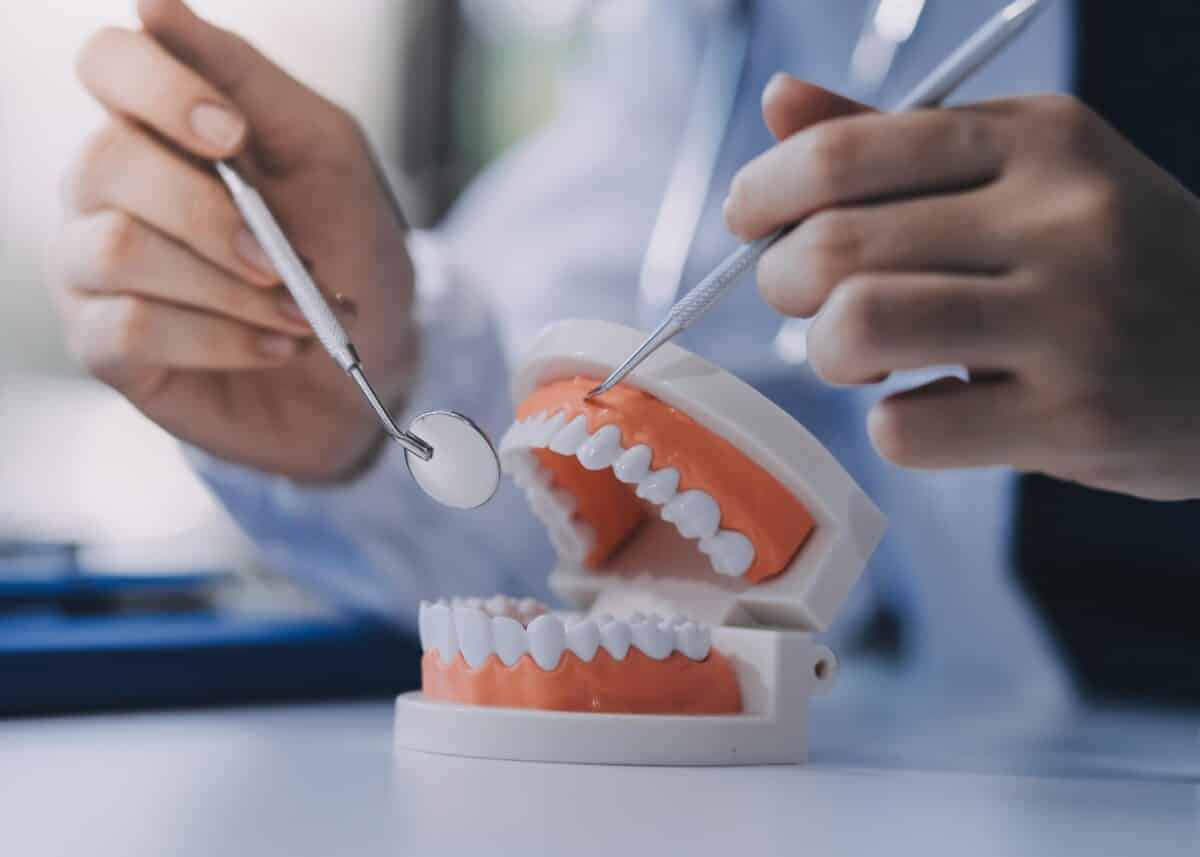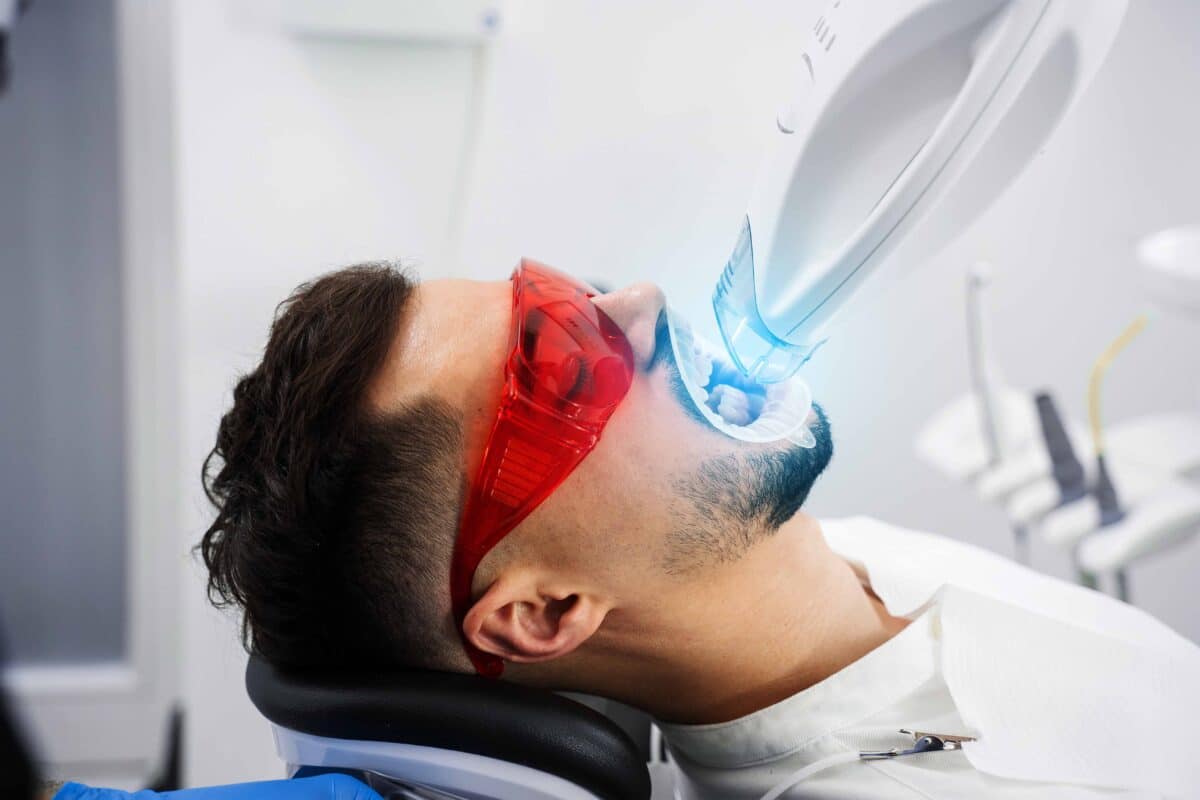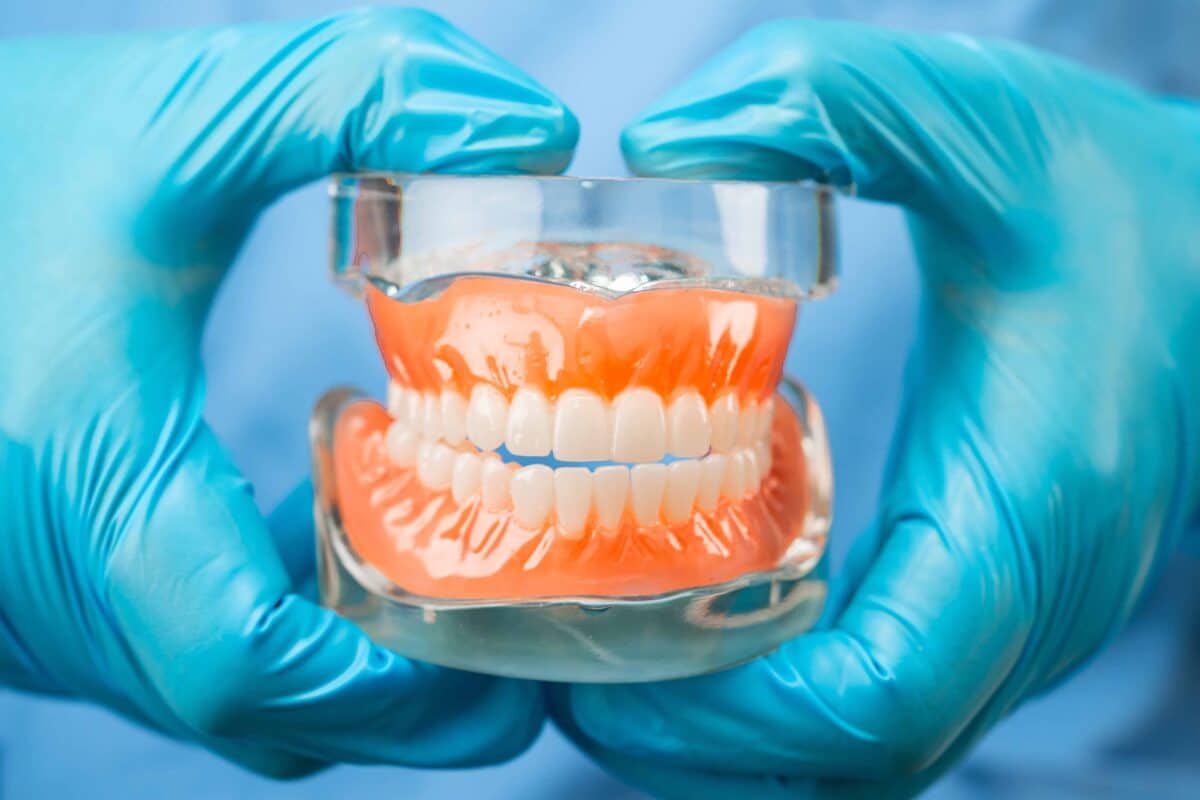Your smile is one of your most valuable assets, and with the new year approaching, it’s time to set your 2025 smile goals. Achieving optimal dental health doesn’t have to be difficult. By following some straightforward tips and maintaining regular dental care, you can ensure your teeth stay strong and beautiful all year long.
Start with Daily Habits
Great dental health begins with the basics. Brushing your teeth twice a day for two minutes and flossing daily are essential for keeping your teeth clean and your gums healthy. Use fluoride toothpaste to strengthen enamel and prevent cavities. Don’t forget to replace your toothbrush every three months or sooner if the bristles are frayed.
Another habit to incorporate is rinsing with an antibacterial mouthwash. This helps reduce plaque, freshen your breath, and protect against gum disease. These simple steps lay the foundation for a healthier, brighter smile in 2025.
Upgrade Your Diet
What you eat affects more than your waistline—it impacts your oral health, too. Foods rich in calcium, like dairy products, leafy greens, and almonds, help strengthen teeth. Crunchy fruits and vegetables, such as apples and carrots, naturally clean your teeth and stimulate saliva production, which neutralizes harmful acids.
Try to limit sugary snacks and beverages, as these can lead to cavities. Instead, opt for water or unsweetened beverages. Drinking plenty of water throughout the day also helps wash away food particles and bacteria.
Protect Your Smile
If you play sports or grind your teeth at night, a mouthguard is a must-have for protecting your teeth. Mouthguards shield your teeth from injury or wear, ensuring your smile stays intact.
Additionally, if you smoke or use tobacco products, consider quitting in 2025. Tobacco not only stains your teeth but also increases your risk of gum disease and oral cancer.
Keep Up with Professional Care
Even with stellar daily habits, professional dental care is crucial. Schedule biannual checkups to catch any issues early and keep your smile in top condition. Regular cleanings remove tartar buildup that brushing and flossing can’t address.
Consider discussing cosmetic treatments like teeth whitening, veneers, or Invisalign if you want to enhance your smile further. Your dentist at Smith Dentalworks can help you create a personalized plan to achieve your goals.
Stay Committed to Your Smile Goals
Just like any resolution, achieving your 2025 smile goals requires consistency. Set reminders to brush and floss daily, pack healthy snacks, and prioritize dental appointments. By sticking to these oral hygiene habits, you’ll see noticeable improvements in your oral health and overall confidence.
Start 2025 with a Healthier Smile at Smith Dentalworks
Ready to make 2025 the year of your best smile yet? Smith Dentalworks is here to help you achieve all your dental health goals. From preventive care to cosmetic treatments, our experienced team offers everything you need for a radiant, healthy smile. Don’t wait—your best dental health is just around the corner!







